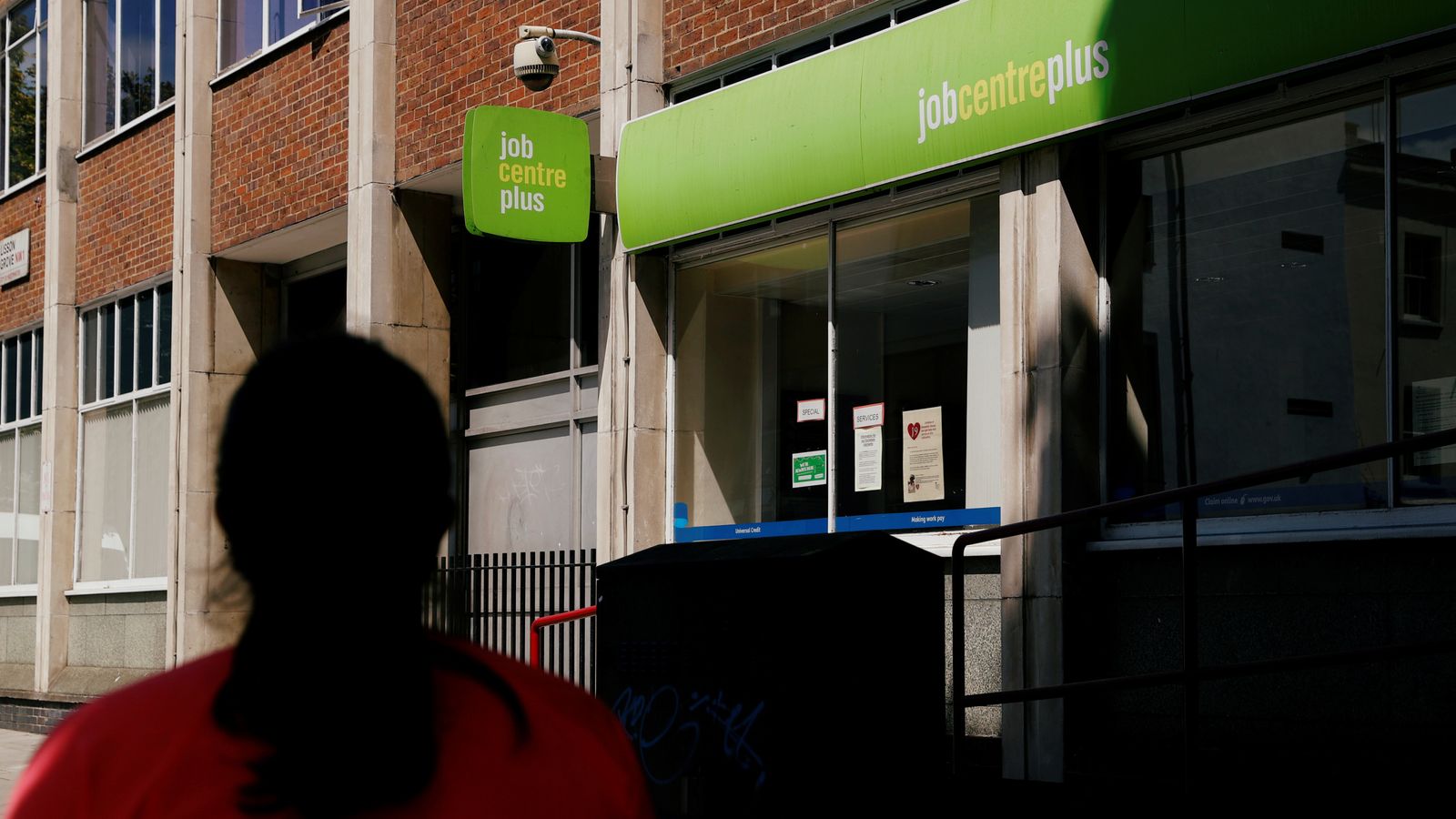Tether, one of the largest stablecoin providers, has recently issued a comprehensive rebuttal to address growing concerns surrounding the inclusion of securities issued by Chinese companies in the reserves of USDT.
In response to reports published by mainstream media outlets, including Bloomberg, the company has sought to clarify its stance on the matter.
These reports, citing documents released by New York’s Attorney General (NYAG), brought attention to the previous backing of USDT by securities from prominent Chinese state-owned firms, including the Industrial and Commercial Bank of China, China Construction Bank, and Agricultural Bank of China.
Tether’s detailed response aims to shed light on the situation, offering a deeper understanding of the company’s practices and the rationale behind its reserve composition.
Tether Clarifies Misconceptions Surrounding Recent Reports
In response to the reports regarding the inclusion of Chinese securities in its reserves, Tether’s chief technology officer, Paolo Ardoino, took to Twitter to assert that the documents released by New York’s Attorney General proved the critics wrong on various claims made against the company.
Ardoino specifically mentioned the accusation of lacking a bank account, stating that the documents provided evidence to the contrary.
Regarding the Chinese securities, Ardoino defended the company against those who accused it of holding onto debt from the troubled Chinese property developer Evergrande.
As announced yesterday @Tether_to decided to stop the opposition to the FOIL matter in the U.S., in favor of transparency for our industry.
Today the information has been digested and used by few media outlets, starting from Bloomberg. Others will follow soon.
The information… https://t.co/RhiUrZoh09
— Paolo Ardoino
(@paoloardoino) June 16, 2023
He characterized these accusers as “a few clowns” and argued that the documents vindicated Tether in this regard.
In a Twitter post, Tether’s official account also expressed its opinion on the media coverage, suggesting that outlets like Bloomberg and CoinDesk may have rushed to present the information without considering current events or verifying facts thoroughly.
Everything You Need To Know About What We Shared With NYAG
Read more https://t.co/0O3P1tbtYq pic.twitter.com/pegeX2uNBN
— Tether (@Tether_to) June 16, 2023
The company stated that it does not endorse such behavior and emphasized that its primary focus is on serving its customers.
Furthermore, Tether clarified that the materials obtained by the media outlets do not accurately represent the company’s current state.
The stablecoin issuer noted that the data provided to the media platforms is limited and more than two years old, indicating that it does not reflect Tether’s present composition or practices.
Where The Accusations Come From
The accusations surrounding Tether and its involvement with Chinese securities trace back to an investigation conducted by Letitia James, the Attorney General of New York, which commenced in April 2019.
At that time, James’s office was actively looking into whether the cryptocurrency exchange BitFinex had concealed substantial losses of up to $850 million from its investors.
Among these alleged losses, approximately $700 million was reportedly linked to Tether reserves, which James referred to as BitFinex’s “slush fund.”
Ultimately, the case reached a settlement in February 2021, leading to significant consequences for both parties involved.
BitFinex and Tether were subsequently prohibited from conducting business activities in the state of New York as part of the settlement terms.
Featured image from Financial Times





